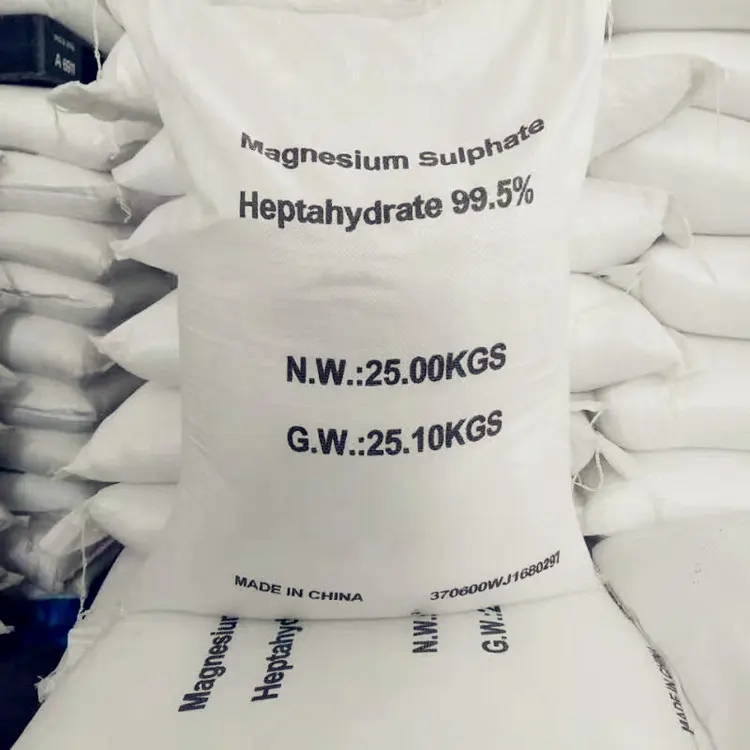Magnesium sulfate fertilizer, commonly known as Epsom salt, is an essential nutrient source for plants, playing a crucial role in their overall health and development. This compound consists of magnesium, sulfur, and oxygen, making it a vital addition to various agricultural practices. Its unique properties not only enhance plant growth but also improve soil quality, making it a popular choice among gardeners and farmers alike.
One of the primary benefits of magnesium sulfate fertilizer is its ability to promote chlorophyll production. Chlorophyll is the green pigment in plants responsible for photosynthesis, the process by which plants convert sunlight into energy. By providing magnesium, this fertilizer helps plants achieve a deeper green color and increases their ability to absorb sunlight, ultimately leading to improved growth and yield.
In addition to enhancing chlorophyll production, magnesium sulfate fertilizer also aids in the synthesis of essential plant enzymes. These enzymes are crucial for various metabolic processes, including the formation of proteins and the regulation of nutrient uptake. The presence of sulfur in magnesium sulfate further supports plant health by contributing to the formation of amino acids and vitamins, which are vital for plant development.
Magnesium sulfate fertilizer is particularly beneficial for crops that are sensitive to magnesium deficiency, such as tomatoes, peppers, and potatoes. Symptoms of magnesium deficiency include yellowing leaves, stunted growth, and poor fruit development. By applying magnesium sulfate, gardeners can effectively address these issues and ensure their plants thrive.
Moreover, magnesium sulfate is easy to apply and can be used in various forms, including granules, liquid solutions, or foliar sprays. This versatility makes it an ideal choice for both home gardeners and large-scale agricultural operations.
In conclusion, magnesium sulfate fertilizer is a powerful tool for promoting healthy plant growth. Its ability to enhance chlorophyll production, support enzyme synthesis, and address nutrient deficiencies makes it an invaluable resource for anyone looking to cultivate thriving plants. Whether in a backyard garden or a commercial farm, incorporating magnesium sulfate into soil management practices can lead to bountiful harvests and vibrant greenery.
Post time: Nov-20-2024






